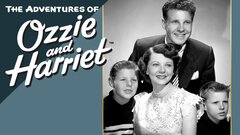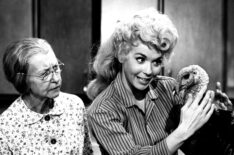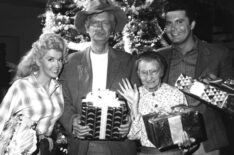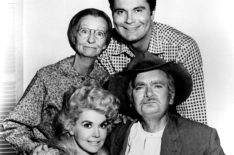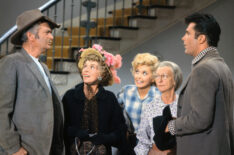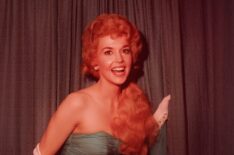Donna Douglas

Actress • Singer
Birth Date: September 26, 1933
Death Date: January 1, 2015 — 81 years old
Birth Place: Pride, Louisiana
At the height of her fame in the mid-1960s, actress Donna Douglas received more fan mail than any of her castmates on the hit sitcom "The Beverly Hillbillies" (CBS, 1962-1971), appeared on the cover of TV Guide nine times, and was paired with Elvis Presley in the musical "Frankie and Johnny" (1966). Douglas' casting as a critter-loving hayseed Elly Mae Clampett, transplanted by sudden wealth with her family to the well-manicured lawns of Beverly Hills, was pure typecasting, as the former Miss New Orleans had grown up a tomboy on a sprawling farm in the back country bayou of East Baton Rouge.
A discovery of producer Hal Wallis, Douglas arrived in Hollywood as a divorcée with a child to support, biographical information withheld from the public by CBS until the series had established itself as a ratings contender following its premiere in the fall of 1962. Though she enjoyed international fame during the series' nine seasons, Douglas was a victim of typecasting after the cancellation of "Hillbillies" in 1971; additionally, her devout Christian beliefs prohibited her from moving on to roles in the steadily more mature and risqué fare that Hollywood had to offer. Effectively retired by 1980, the twice-divorced Douglas returned to private life as a successful Beverly Hills real estate agent, making occasional forays to the nostalgia convention circuit to celebrate the series that made her famous.
Donna Douglas was born Doris Smith in bayou country near Pride, LA on Sept. 26, 1933. Her father, Emmett Smith, was an employee of the Esso Oil Company, and Douglas spent her summers fishing and collecting pets on her grandparents' 23-acre farm in Baywood. A natural tomboy, Douglas wore only hand-me-downs from her older brother and any number of eight male cousins. In terms of athletics, Douglas pitched on an all-boy softball team and never considered joining the girls' team. After leaving Howell Grade School, she joined the first graduating class of the private Roman Catholic St. Gerard High School (now Redemptionist High School), which had opened its doors in East Baton Rouge Parish in 1947. While a student there, Douglas excelled at basketball and baseball but shifted to cheerleading as she began to develop a more voluptuous physique. Married to a classmate at age 17, she had one child, a son, before the marriage was dissolved in 1954.
Her looks and figure made Douglas a natural for the crown of Miss Baton Rouge, and in 1957 she was named Miss New Orleans. Eager to earn enough money to raise her son on her own, Douglas left the boy in the care of her father and mother, Elma, and followed her new title to New York City. An early job for Douglas was as a model in an ad for toothpaste, which was followed by non-speaking parts in television commercials. Douglas' decorative appearances as the Letter Girl on "The Perry Como Show" (CBS/NBC, 1948-1966) in 1957 led to a job as the Billboard Girl on "The Steve Allen Show" (NBC, 1956-1960). Seen by producer Hal Wallis in an episode of "The Ed Sullivan Show" (CBS, 1948-1971), Douglas was sent to Hollywood for a screen test, after which she was offered a studio contract at Paramount and a small role in a major motion picture.
One of the first studio films to deal with the Hollywood blacklist, the Dalton Trumbo-scripted "Career" (1959) starred Anthony Franciosa, Shirley MacLaine and Dean Martin - the latter in a change-of-pace dramatic role following the dissolution of his partnership with comic Jerry Lewis. Eighth-billed, Douglas turned up early on in a nightclub scene as a bubbly Michigan housewife who blithely compares childbearing to Chinese water torture. Dramatic work followed on such series as "Tightrope" (CBS, 1959-1960) starring Mike Connors, "The Detectives Starring Robert Taylor" (ABC, 1959-1962), and on the lighthearted "Bachelor Father" (1957-1962), appearing in a fantasy scene in which lead John Forsythe dreams he is a hard-boiled private eye questioning Douglas' coquettish lingerie store saleswoman. Douglas contributed unbilled work to such big-ticket musicals as Melvin Frank's "Li'l Abner" (1959) and Vincente Minnelli's "Bells Are Ringing" (1960), but the sum and substance of her career was on the small screen. By the time of her retirement after 1981, Douglas had appeared in only two more feature films.
Two of Douglas' television assignments during the early phase of her career were destined to become undisputed cult classics among fans of science fiction and horror. Although her face was seen only in the final moments of "Eye of the Beholder," a 1960 episode of Rod Serling's "Twilight Zone" (CBS, 1959-1964), Douglas' fleeting appearance as a hysterical hospital patient reacting badly to a botched job of plastic surgery capped one of the most unnerving half-hours in the history of network television. The episode was directed by Douglas Heyes, who called upon Douglas again for a memorable episode of the spooky NBC anthology series "Thriller" (NBC, 1960-62), hosted by Boris Karloff. In "The Hungry Glass," adapted by Heyes from a story by Robert Bloch, a ghostly Douglas materializes before the incredulous eyes of new homeowners William Shatner and Joanna Heyes within the gilded frames of an attic full of antique mirrors. Douglas was one of hundreds of young actress brought in to test for the pilot episode of the proposed CBS sitcom "The Beverly Hillbillies" (1962-1971), about a family of dirt poor farmers who strike oil and take their new-found wealth to that notoriously moneyed corner of Los Angeles. Douglas' background as a backwoods tomboy would serve her well in playing transplanted hayseed Elly Mae Clampett, a role slated originally for another actress. When the curvy redhead that series creator Paul Henning had cast originally backed out at the last minute for a job at Universal, Douglas joined a cast that included veteran actors Buddy Ebsen and Irene Ryan and newcomer Max Baer, Jr. Shot on location at the Beverly Hills Reservoir, in Franklin Canyon, and on the soundstages of General Service Studios in December 1961, the pilot was sufficiently successful to greenlight a weekly series. "The Beverly Hillbillies" made its network debut on Sept. 26, 1962, Douglas' 29th birthday.
Before the "Hillbillies" premiere, NBC distributed a memo decreeing that no personal information on the cast be disseminated to the media or viewing public, feeling that "no story is better than the wrong story." The studio also limited the actors' freedom to appear on other series, denying viewers the opportunity to see the Clampett family in any other light. The embargo was due in part to the studio's embarrassment at the slapstick nature of the series, which nonetheless exceeded expectations to grab a 50 percent share of the viewing audience in the wake of its debut. The series would remain an audience favorite throughout its nine season run. Traveling the world in support of "Hillbillies," Douglas received most of the fan mail, which she conscientiously answered by herself. While TV spots had her castmates puffing on Winston cigarettes for sponsor R.J. Reynolds, the Christian Douglas refrained from smoking, instead pitching in to tout the wholesome goodness of Kellogg's Corn Flakes.
On hiatus from the series after its second season in the spring of 1965, Douglas starred opposite Elvis Presley in his 20th feature "Frankie and Johnny" (1966), an over-easy spin on the classic American folk song. A fan of "The Beverly Hillbillies," Presley once visited the cast during a promotional appearance at a rodeo in Memphis. Though Douglas remained reticent about the experience of shooting "Frankie and Johnny," the consensus among those who worked on the film was that she fell in love with Presley and grew despondent as she came to understand the King of Rock-n-Roll would not return her affections in any substantive way. "Frankie and Johnny" had its premiere in Douglas' native Baton Rouge in 1966 and enjoyed mostly positive reviews and good but not great box office. Douglas would never again appear in a feature film.
Around the time that "The Beverly Hillbillies" was canceled, Douglas married director Robert Leeds, who had helmed several episodes of the series. Leeds had enjoyed a long association with actor-producer Jack Webb and Douglas appeared in two episodes of Webb's "Project UFO" (NBC, 1978-79), under the direction of her new husband. The following year, she and Buddy Ebsen contributed cameos to back-to-back vignettes of Rod Serling's short-form horror anthology series "Night Gallery" (NBC, 1969-1973), with Douglas offering a rare portrait of unalloyed evil. In 1974, she was reunited with her "Lover Come Back" (1961) leading man Rock Hudson for a two-hour episode of Hudson's popular series "McMillan & Wife" (NBC, 1971-77). Douglas and Leeds were divorced in 1980 but worked together on the reunion telefilm "The Return of the Beverly Hillbillies" (1981), which set the Clampetts (minus the late Irene Ryan and an absent Max Baer, Jr.) to work solving the energy crisis. Following her effective retirement, Douglas worked as a real estate agent in Beverly Hills before returning to her native Louisiana and devoting her time to charity work and appearances at TV and Western conventions. Donna Douglas died at the age of 81 at her Louisiana home on January 1, 2015.
By Richard Harland Smith
Credits

Mechamato
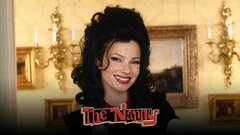
The NannyStream
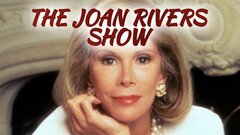
The Joan Rivers Show

Return of the Beverly Hillbillies
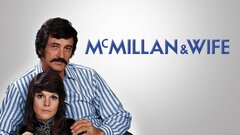
McMillan & WifeStream
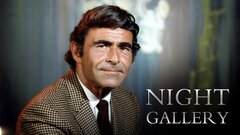
Night GalleryStream
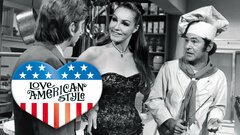
Love, American Style
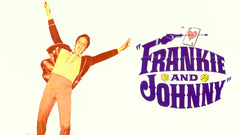
Frankie and JohnnyStream

The Beverly Hillbillies Christmas Adventure
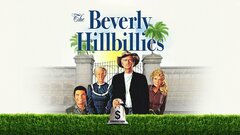
The Beverly HillbilliesStream
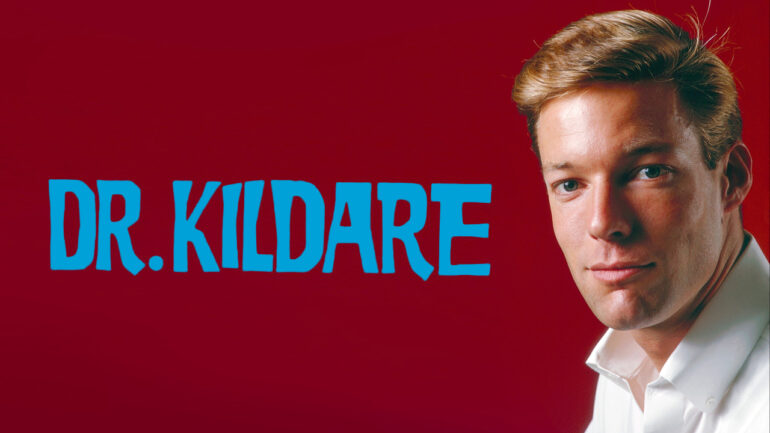
Dr. Kildare
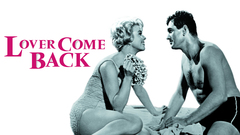
Lover Come BackStream
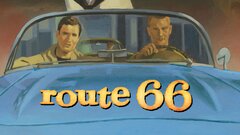
Route 66Stream
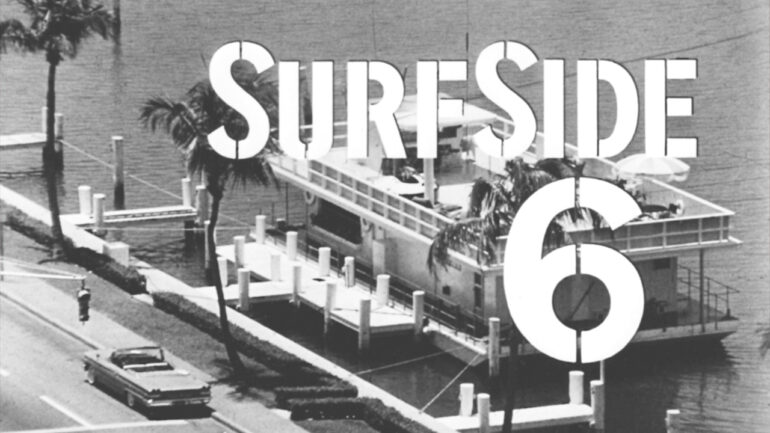
Surfside 6
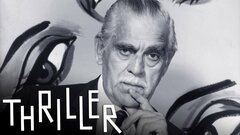
ThrillerStream
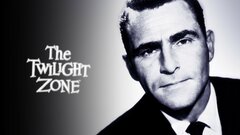
The Twilight ZoneStream
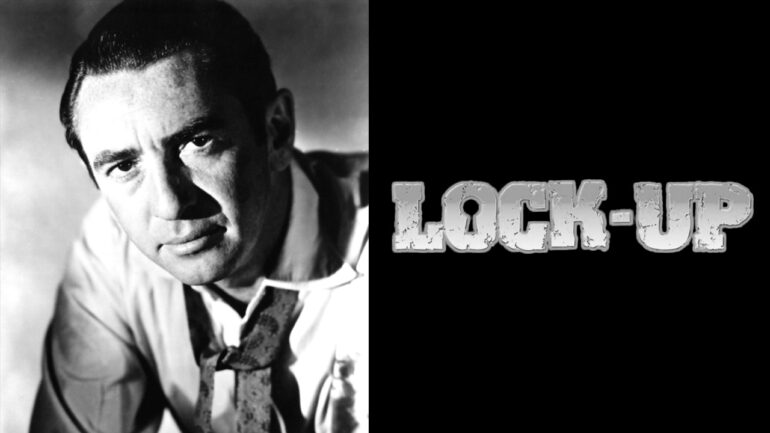
Lock-UpStream

21 Beacon Street

U.S. Marshal
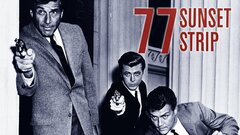
77 Sunset Strip
